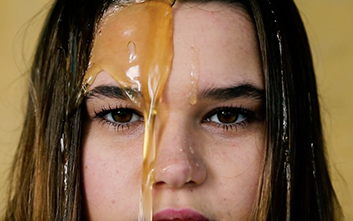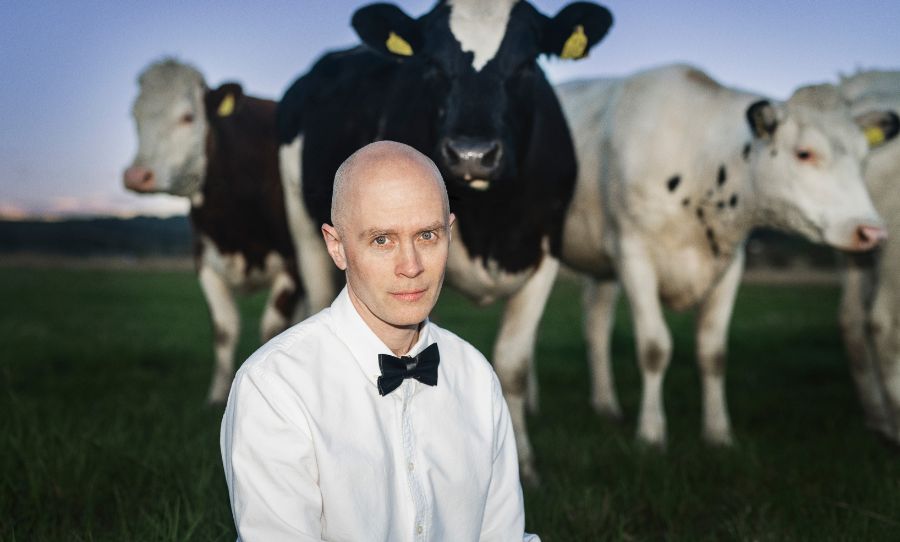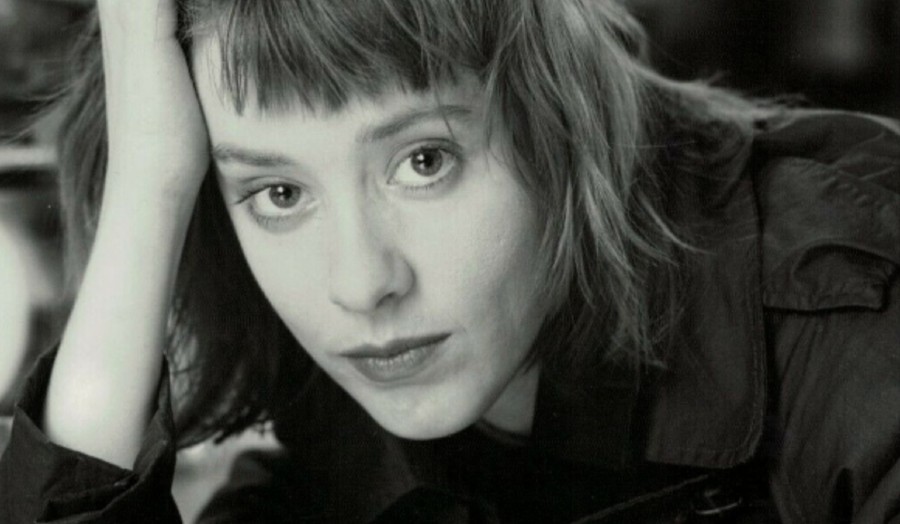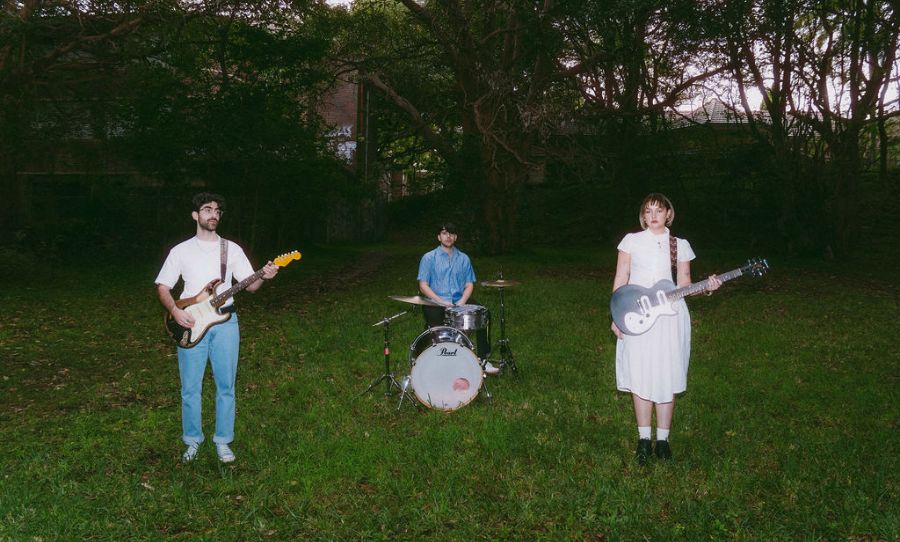Nothing I love more than a good movie! Am I right? But when I started spending more time with Imogen Murray, 18-year old filmmaker and creative goddess, I began to see a wholly, more perplexing side to film making.
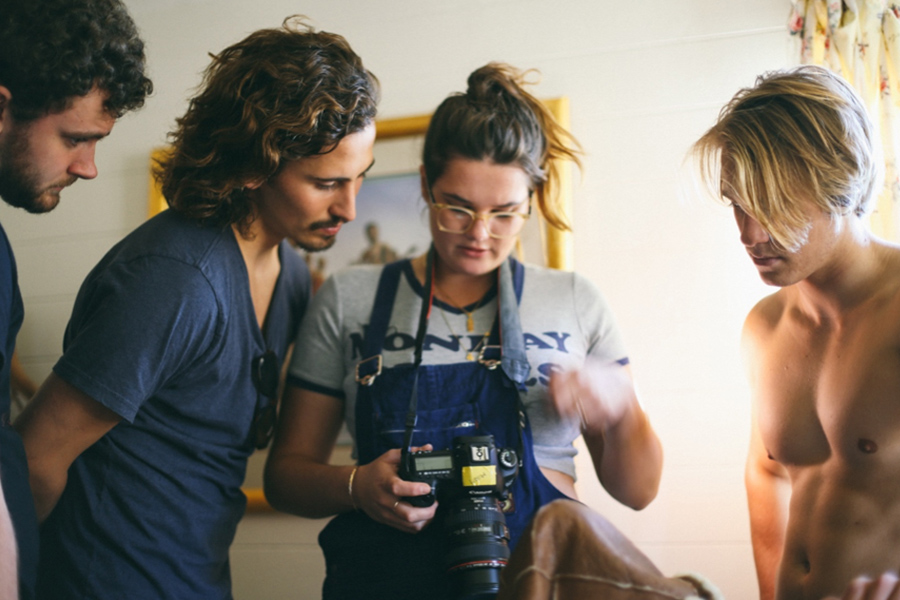
We chat to Imogen Murray, Sydney’s next best film-maker who at 18 years old is taking the world of cinema by storm, one evocative film at a time.
With a multitude of awards up her sleeve already, including, ‘Best Cinematography’ at the 2013 Billboard Film Festival, and ‘Best Cinematography’ at the 2014 Creative Creatures Film Festival, this young artist is incredibly accomplished to say the least.
Imogen Murray is a total vision, and a force to be reckoned with. Growing up in Avalon in Sydney’s North, she has since travelled the world, exploring elements of beauty, language and culture that have undoubtedly urged her to become the artist that she is.
She has managed to, in such a natural yet visually stunning way, capture the middle ground between the beauty in all things, as well as grasping strongly to the realism, and humanity behind every element of her subjects. Her latest film Speak embodies this ethos.
A celebrator of all things creative and artistic, Imogen Murray is destined for amazing things and will surely be a shining star in the landscape of the next generation of film and Australian arts.
Happy was lucky enough to have a chat with Im about her work, and where she see’s music and culture fitting into this wide landscape of the film industry.
HAPPY: So Im! You’re a film maker with plenty of projects already under your belt at just 18 years of age. At what point did you decide that filmmaking was where you were headed and the other conventional options just fell away?
IMOGEN: When I was fourteen my best friend, Henry Cousins, was and still is an extremely talented photographer and to me owned the form. I guess, I thought silently that I could never compete with him but still loved the aesthetic of photography. So I jumped to the idea of diving into cinematography haha. When I was fifteen, living in San Francisco for an event my family works for, The Americas Cup. I was meant to spend the summer doing home schooling… but instead found luck and was offered an internship as a camera assistant for the International broadcast. I worked for four months and still to this day, it was the best time of my life. At the end of the event they gave me a video camera. I’ve been mucking around ever since. That camera led me to my first film, Naked.
HAPPY: And so word on the street is that you’re moving away from the artistic and symbolic and into documentary filmmaking and nonfiction investigatory pieces…where did all this start?
IMOGEN: My first film was a documentary about my friends in our community. To my surprise it was well received. I realised that people can resonate to reality even in the smallest of ways. To me, I believe realism is an art. If someone shares a story or exposes themselves with such raw truth, you just need to frame it well for an effect. I don’t necessarily film to entertain. To evoke thought, emotion and discussion is something always in my mind. It’s a bonus if I make it cinematic.
HAPPY: Do you think that documentary has a role to play in the arts and do you seek to find a middle ground between creativity and visual artistry and keeping it real so to speak? I guess the balance between staying true to your artistic talent and eye for beauty as well as your passion for exposing the truth and telling stories.
IMOGEN: Yes of course documentary has a place in the arts! I don’t film my documentaries like a reporter. When filming, I work with the visuals and try to make them as captivating as the story. I have always been a visual learner through school. Often the shots come to me first before the story fully unravels. So yes, I do believe there is a middle ground.
HAPPY: Where do you see yourself taking your film making in the next stage of your career? Any offers or collaborations lined up?
IMOGEN: I am currently studying at Australian Film Television Radio School (AFTRS) and am loving every aspect of the degree. I began with the aim of pursing cinematography but as my lecturers have advised, I should explore directing.
SPEAK from Imogen Murray on Vimeo.
HAPPY: What is the film you are most proud of and why?
IMOGEN: I guess I am most proud of North and Speak. North is a doco I did when I was sixteen. I went on a whim backpacking around Europe solo. I guess I am most proud of it as it has been successful unexpectedly in International competitions.
Speak was emotionally confronting and challenging at times. I put a lot of time and research behind it. Speak is a documentary exposing real stories inside a psychiatric ward.
It aims to motivate society to speak up about the unspoken and raise awareness about mental health. Working with a subject that is often cuffed under the rug was both draining and rewarding. I cried whilst editing. It’s not every day a stranger open’s up to you and shares their soul and story.
HAPPY: We here at Happy are pretty passionate about music, where do you think documentary film making and film making in general fits within the music industry and do you have any ideas about where it could go in the future?
IMOGEN: Absolutely! Music is crucial to documentary and film making. I am a cinematographer and can happily say – You can fake a visual, but you can’t fake audio. Sound and Music are major influences to me when brainstorming. If I have a concept that needs developing, I’ll often create a playlist to the overall feel of the idea. If I am doing a narrative I would create a playlist to suit the character(s). This helps me create their world and get me thinking like they would. Music in the edit is vital. How often do we see silent films? Sound, story and visual are truly successful if they all work together.
